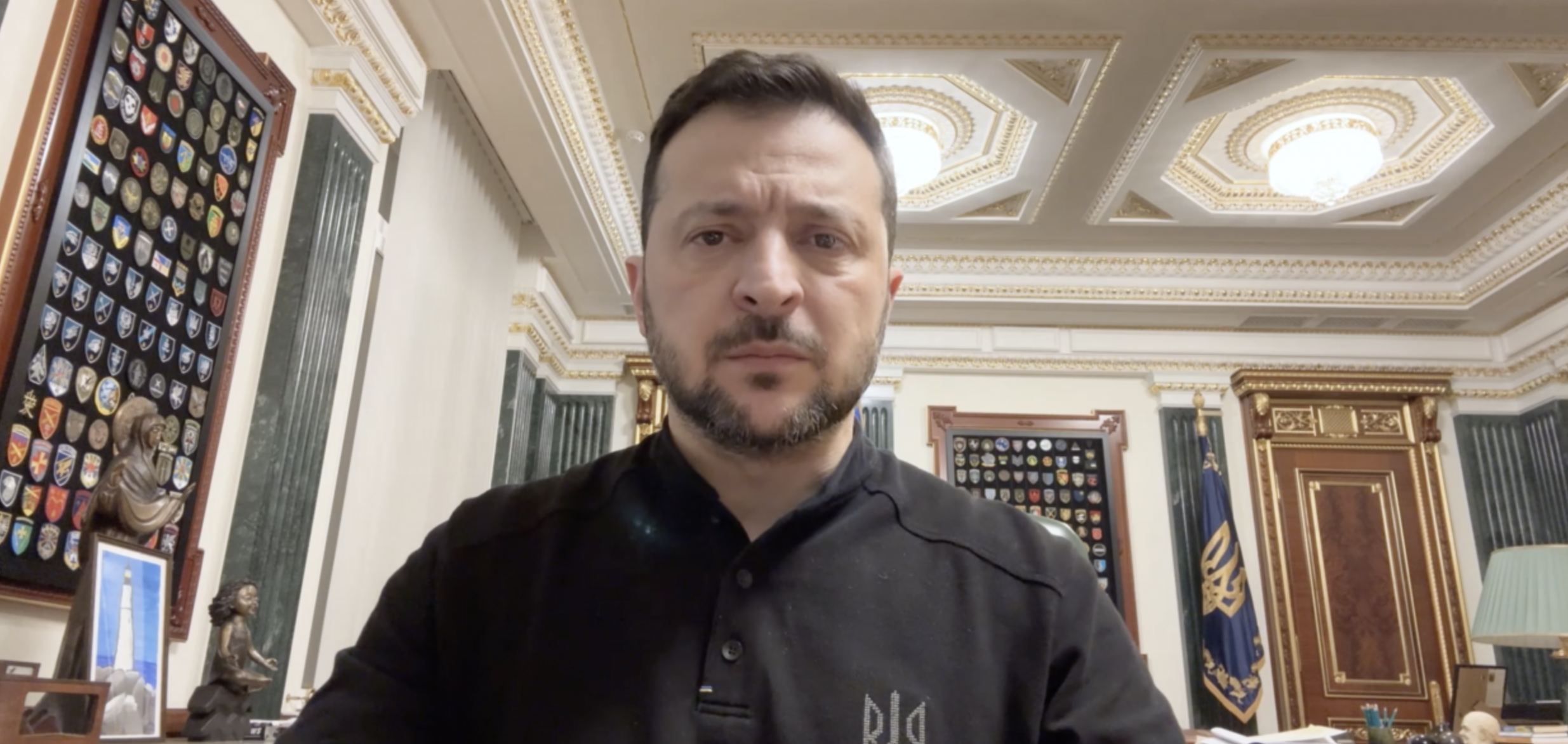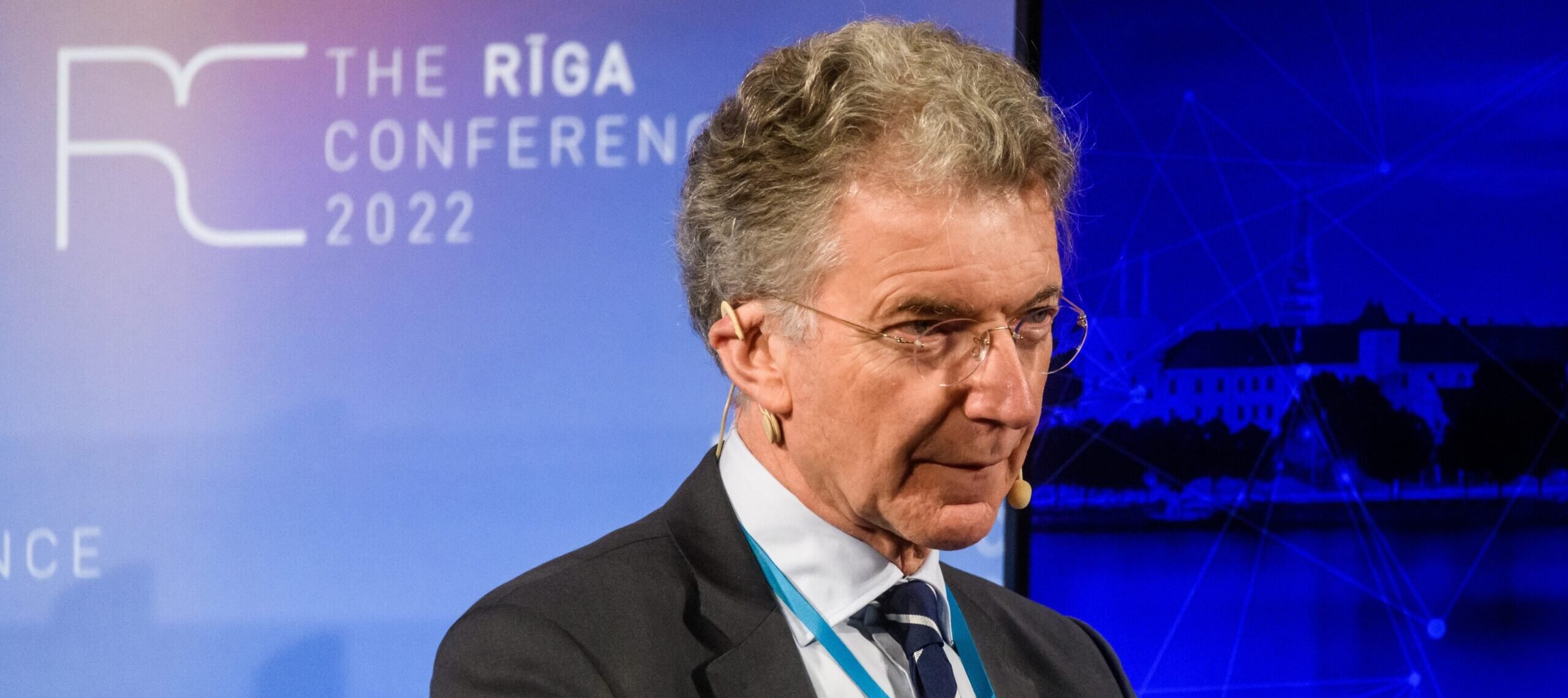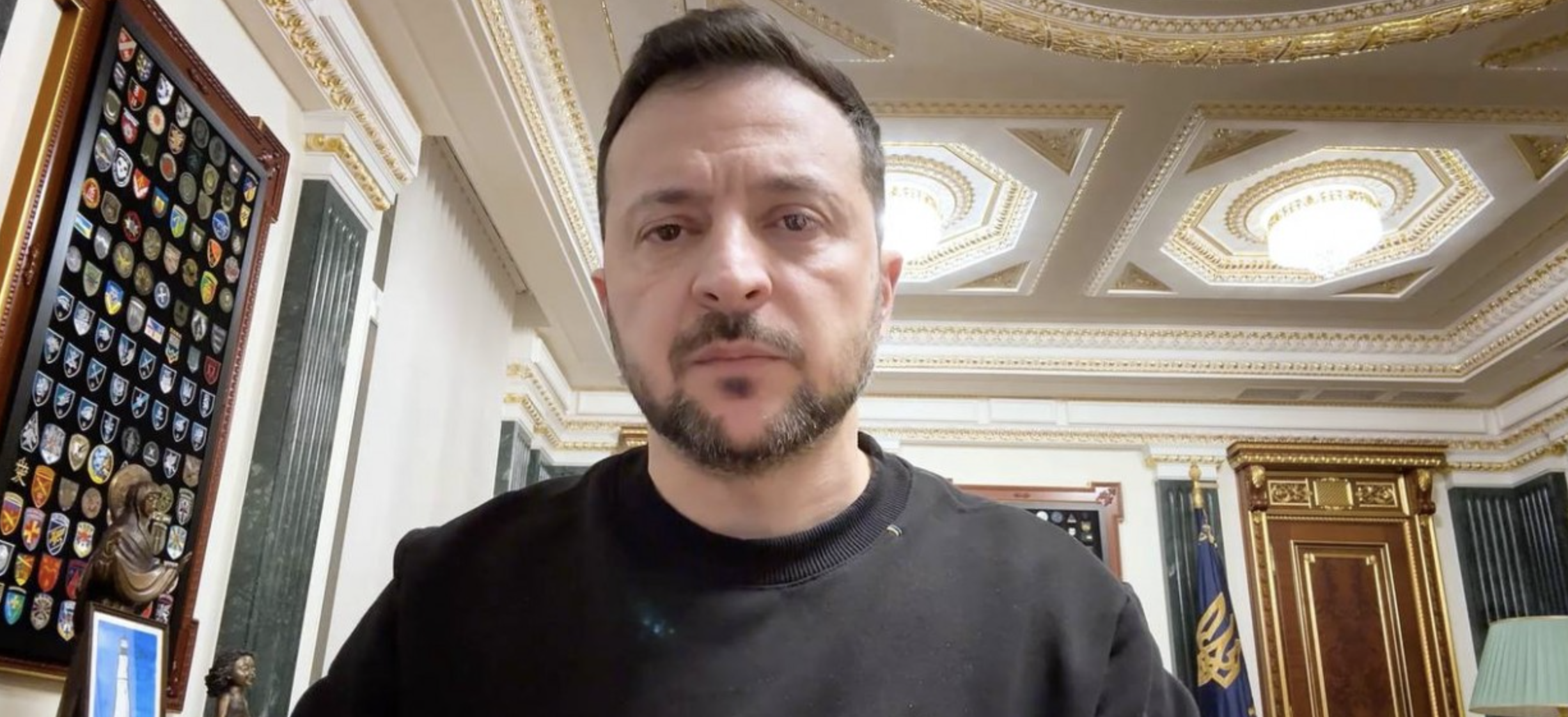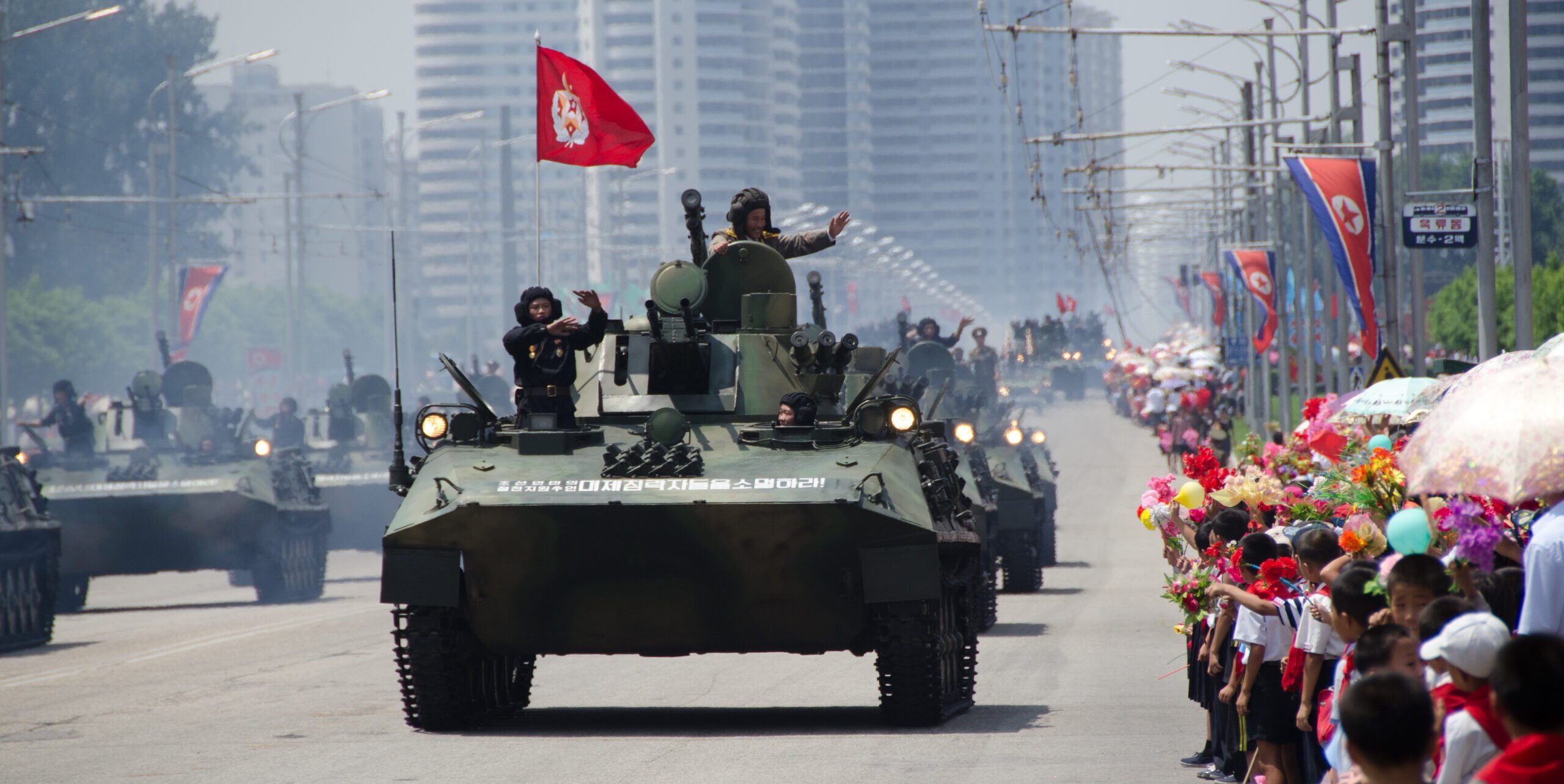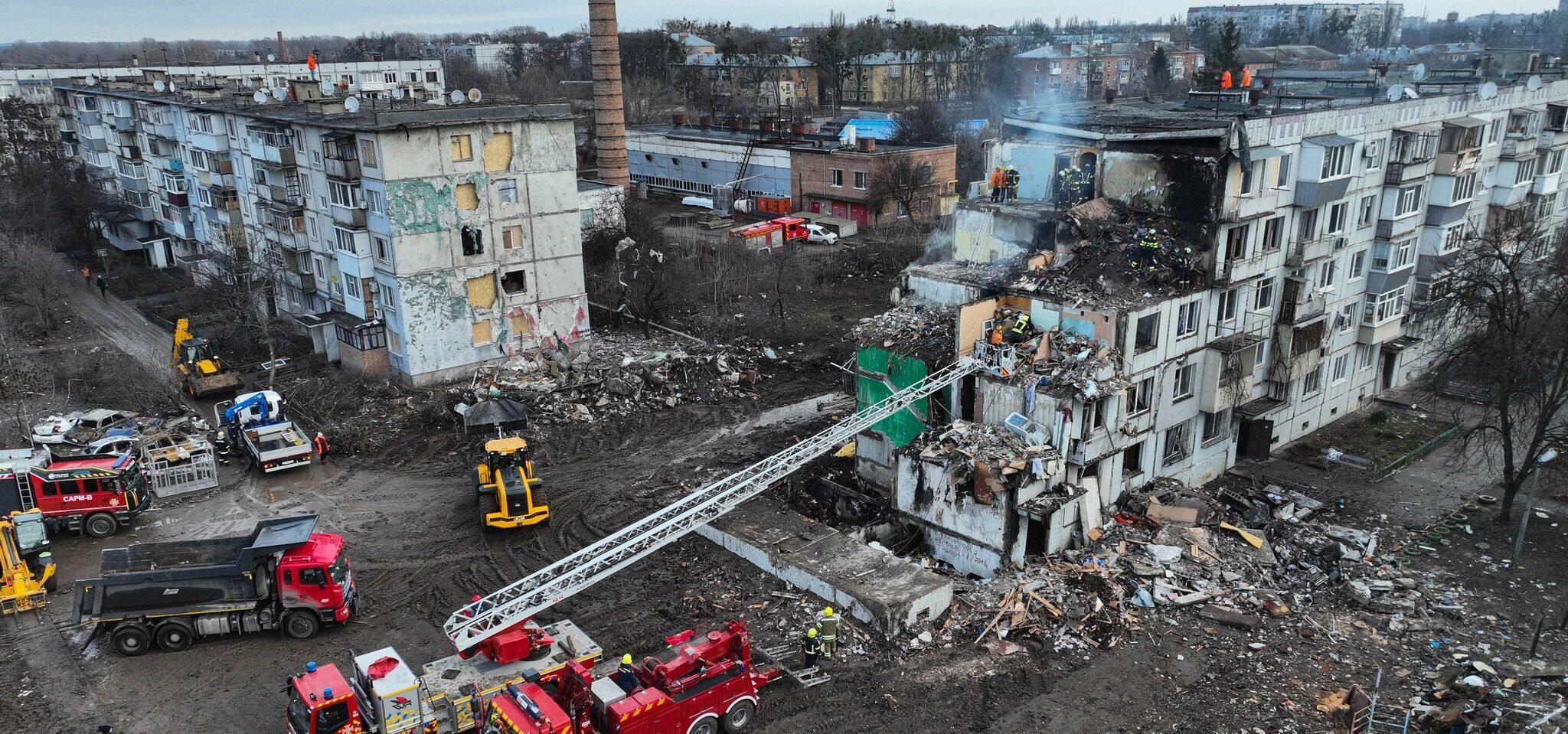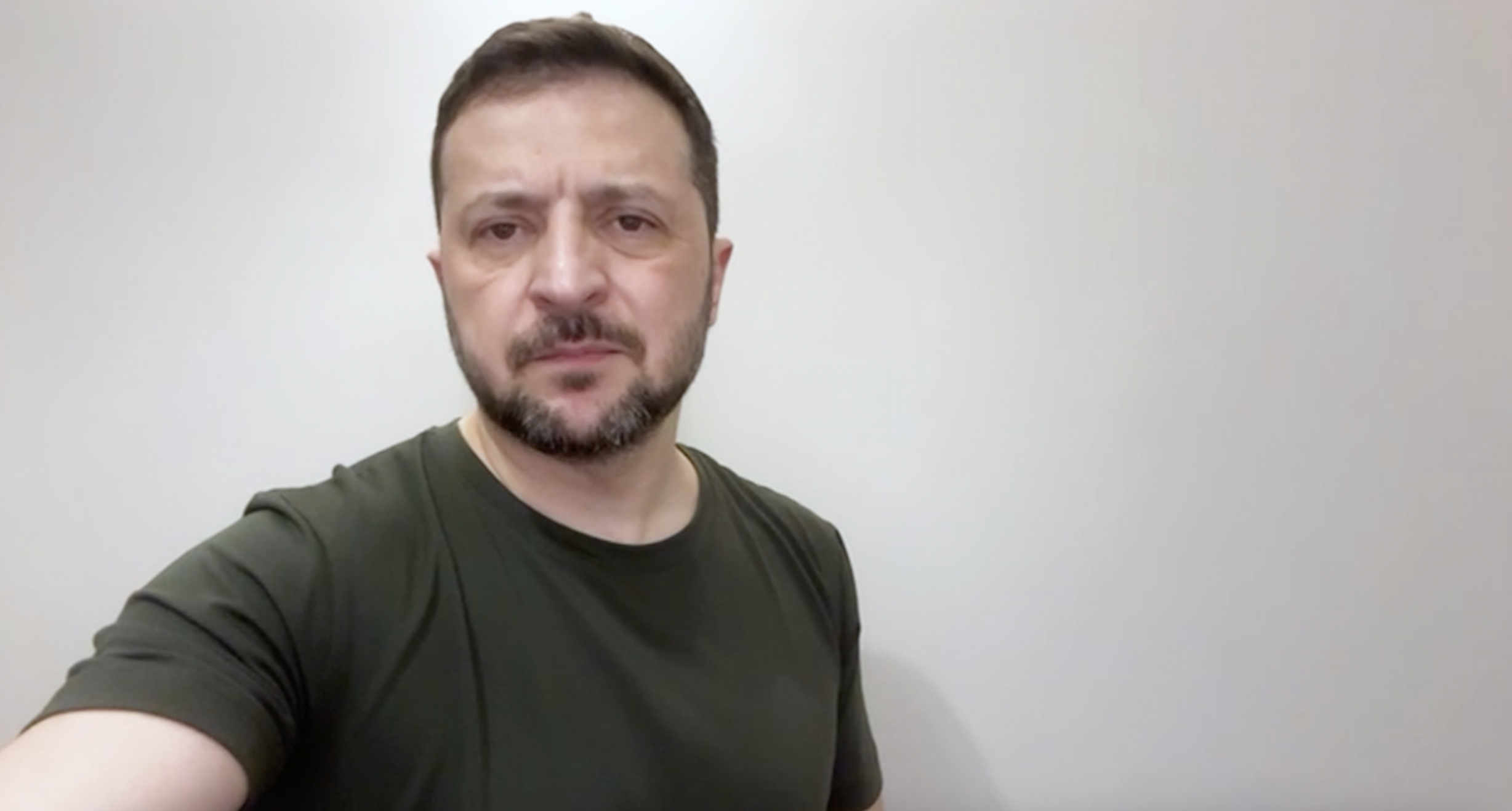

Abstract:
- Ukraine opted for political association and economic integration with the European Union (EU) when it signed an Association Agreement (AA) in 2014. The agreement is unprecedented in that the country has committed to reforms without having the prospect of EU membership. However, the scale of Ukraine’s reform commitments is not matched by its capacity to implement them.
- The EU’s assistance from 1992 to 2013 helped to raise awareness of European rules and standards in Ukraine, but had a negligible impact on the functioning of state institutions.
- Since 2014, the EU has stepped up its assistance and has in effect supported the rebuilding of Ukrainian state institutions.
- A number of important innovations have been introduced. These include the creation of the dedicated Support Group to Ukraine (SGUA), longer and bigger assistance programmes (under devolved agreements), staff positions dedicated to reform, and extensive macro-financial assistance.
- At the macro level, the SGUA’s coordination and planning of assistance have focused on developing an approach that embraces whole sectors. In contrast, assistance before 2014 consisted of a large number of individual projects. The SGUA has led to much better coordination with other international donors.
- Ukraine has benefited from the expertise of high-level EU officials in the country. Their expertise has supported both the political and technical aspects of interactions with the Ukrainian government.
- At the micro level, much of the EU’s support is in the form of technical assistance projects. These can be effective in transferring specific technical knowledge and skills, but their narrow focus and short time scales are far less beneficial for institution-building. All international donors face this problem, but EU assistance is particularly affected.
- Given the challenge of transforming Ukrainian institutions, a smarter, more flexible and more differentiated approach to using EU assistance for individual projects is needed. This paper offers a number of recommendations for addressing the shortcomings identified.



